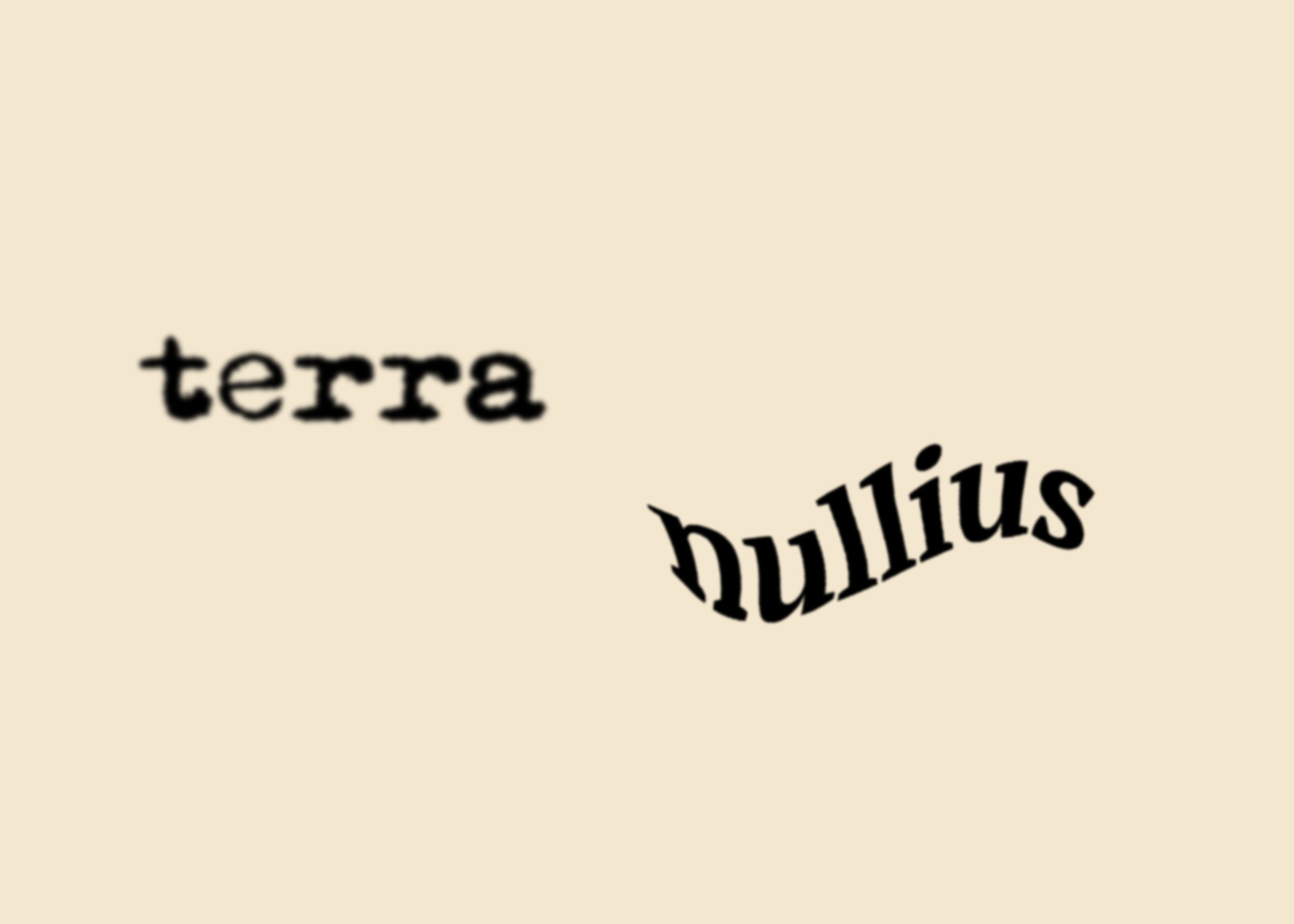
Terra Nullius Opening Reception
December 9, 2017
6:00-9:00 pm
FREE
TERRA NULLIUS
December 9 – 23, 2017
OPENING RECEPTION
Second Saturday, December 9, 6 – 9 pm
Verge Center for the Arts is pleased to present Terra Nullius, an exhibition by the Los Angeles based artist and Verge resident, Lisa Oxley. Terra Nullias is translated as “Nobody’s Thing” or “Nobody’s Land”; land uninhabited or belonging to no one. In international law it is used to designate a territory that has never been subject to the sovereignty of any state: international airspace, oceans beyond the continental shelf, outer space and the planets of the solar system are designated as terra nullius. Often a swath of land between two contested territories, it points to borders, walls, and issues of citizenry.
In this exhibition, Oxley navigates these questions and the in-between space that the title implies through painting, installation, architecture, and dialogue, activating the space that Verge provides as a cultural institution within the expanded site of the State Capitol in Sacramento, and beyond it, in the US.
For the opening weekend of the exhibition, Oxley has invited Linda Pollack, founder of the social practice project, My Daily Constitution to develop several public conversations addressing issues of immigration and DACA, through the prism of the US Constitution.
PLEASE JOIN US IN INFORMAL CONVERSATION ON THESE ISSUES:
Saturday, December 9
Constitution Happy Hour with UC David Law Professor Jack Chin:What are the rights of immigrants under the Constitution?, 4 – 6 pm
Immigration laws and policies reflect a wide range of social, political and historical norms that inform the meaning of U.S. citizenship as well as restrictions placed on non-citizens. While constantly evolving, immigration law has entered yet a new era of indeterminacy as the federal government increases aggressive enforcement tactics and obstructs city and state efforts to protect its immigrant residents. Professor Jack Chin will guide a discussion on the constitutional rights of non-citizens, the framework that regulates the admission and removal of non-citizens, and recent struggles in immigrants’ rights advocacy.Gabriel “Jack” Chin is a teacher and scholar of Immigration Law, Criminal Procedure, and Race and Law. His scholarship has appeared in the Penn, UCLA, Cornell, and Harvard Civil Rights-Civil Liberties law reviews and the Yale, Duke and Georgetown
He teaches Criminal Law, Criminal Procedure, and Immigration, and is Director of Clinical Legal Education. He also works with students on professional projects. His efforts with students to repeal Jim Crow laws still on the books includes a successful 2003 petition to the Ohio legislature to ratify the Fourteenth Amendment, 136 years after the state disapproved it during the ratification process. He and his students also achieved the repeal of anti-Asian alien land laws which were on the books in Kansas, New Mexico and Wyoming. For this work, “A” Magazine named him one of the “25 Most Notable Asians in America.” In connection with classes with a practical component, he has tried felony cases and argued criminal appeals with his students.
Sunday, December 10
Constitution Café: Humanizing Deportation — Stories from the Ground, with Robert Irwin, Principle Investigator, Humanizing Deportation, 11 am – 1 pm
Humanizing Deportation/Humanizando la Deportación (http:// humanizandoladeportacion. ucdavis.edu/en/) is a digital storytelling (participatory community based audiovisual media) project that aims to make visible the range of humanitarian issues that proliferate in our current regime of state sponsored mass human displacement. This collaboration between UC Davis and El Colegio de la Frontera Norte, whose first phase of fieldwork was realized this past summer in Tijuana, has assisted community members in producing a bilingual open access archive of over 40 testimonial audiovisual shorts recounting lived experiences of deportation. These personal stories help audiences to understand the range of people who are being deported, as well as the effects of deportation on those being deported as well as their families. A second phase will expand the archive to other parts of Mexico through new partnerships between UC Davis and Mexican academic and community based organizations. The UC Davis based project team, led by codirector Robert McKee Irwin, will present examples from this archive, inviting discussion about the project itself as well as the material in its archive.
Robert McKee Irwin (PhD New York University) is Professor in the Department of Spanish and Portuguese at UC Davis, where he specializes in Mexican and Mexican American Cultural Studies. He is codirector of the Mellon Initiative in Comparative Border Studies: http://borderstudies. ucdavis.edu/. He is author of numerous books and articles on Mexican and Mexican cultural histories, with focus in questions of gender and migration, as well as popular and media culture. His most recent work engages directly with community through collaborations in digital storytelling. Robert helped launch Humanizing Deportation in the summer of 2017.
Artist Walkthrough, 1 pm
